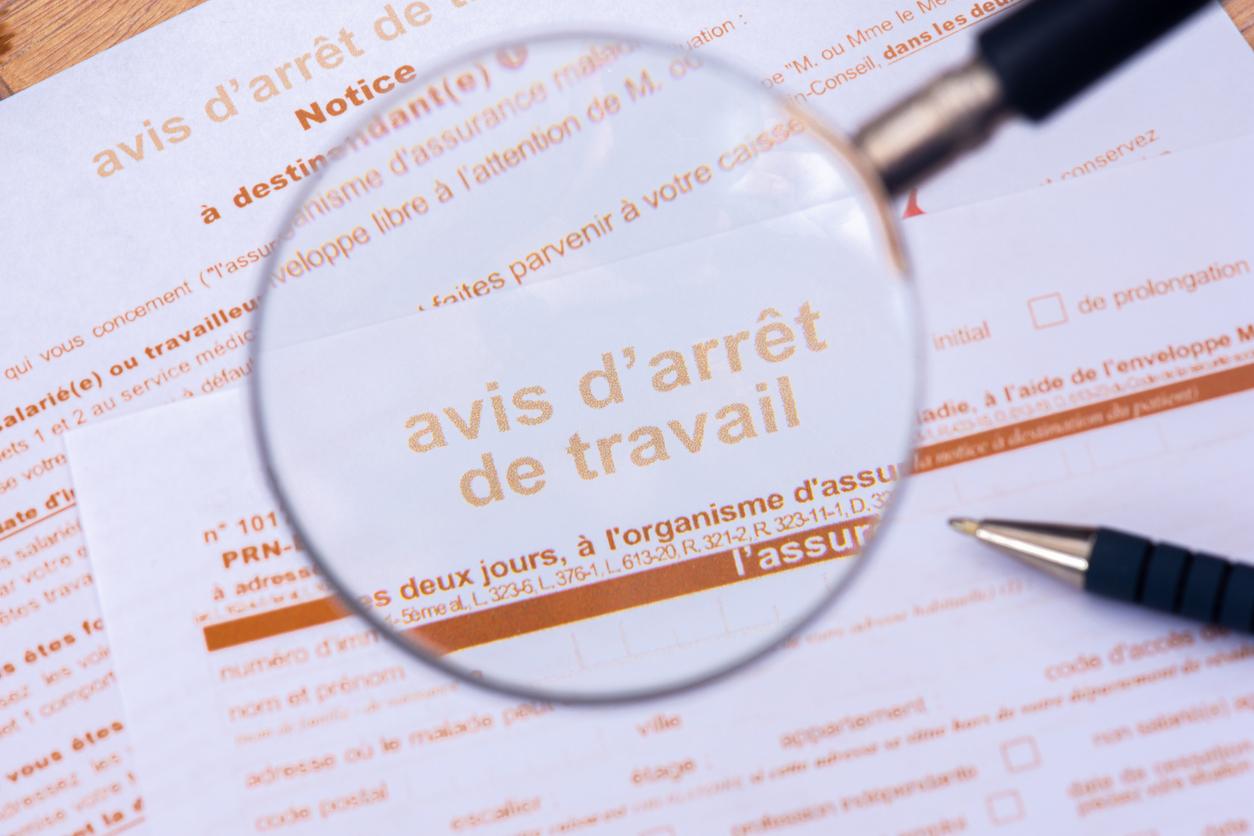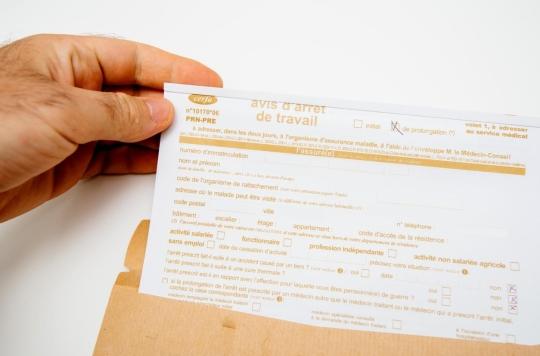Many French people do not follow the sick leave prescribed by their doctor, which, in the end, is very detrimental to them.

Nearly one in four sick leave is not followed up by employees, according to a new study by Malakoff Mederic published this Wednesday, November 28. 23% of sick leaves prescribed in 2018 were not respected by employees, a figure up 4 points compared to 2016. 8% of sick leaves were taken, but not all of them, and 15% did not been taken at all.
This trend is even stronger among executives (22% do not take the prescribed stoppage against 11% of workers) and managers (48% do not take the prescribed stoppage against 14% of all employees).
Relapse
Nearly half of these employees (49%) say they regret not having taken their sick leave after the fact, a figure up 10 points since 2016. Indeed, according to them, this refusal has had an impact on their productivity ( 45%), the quality of their work (38%), as well as their health (29%) with an extension of the duration of the disease (24%) or a relapse (22%).
According to the employees surveyed, less than half of sick leave (39%) is related to the professional context. 30% are related to a context that is both professional and non-professional. 61% of stoppages originate exclusively in the personal sphere.
Psychological disorders
Sick leave related to the professional context is mainly due to psychological disorders (17%) or musculoskeletal disorders (14%). Stops related to a non-professional context are due to an ordinary illness (39%), muscle or joint pain (16%) or psychological disorders (12%). 22% of active French people in fact present distress leading to a mental disorder, i.e. 1 in 5, according to another study* by the Pierre Deniker Foundation. In total, 42% of employees surveyed in 2018 have been prescribed sick leave in the last 12 months, mainly by their attending physician (72%).
In addition, the average duration of long absences (more than 30 days) increased by 10% between 2012 and 2016, strongly impacting the cost of daily allowances. The General Inspectorate of Social Affairs (IGAS) and the social partners are meeting on Wednesday 28 and Thursday 29 November, with the aim of stemming this increase. Last week, a study estimated the cost of absenteeism at nearly 108 billion euros.
.














